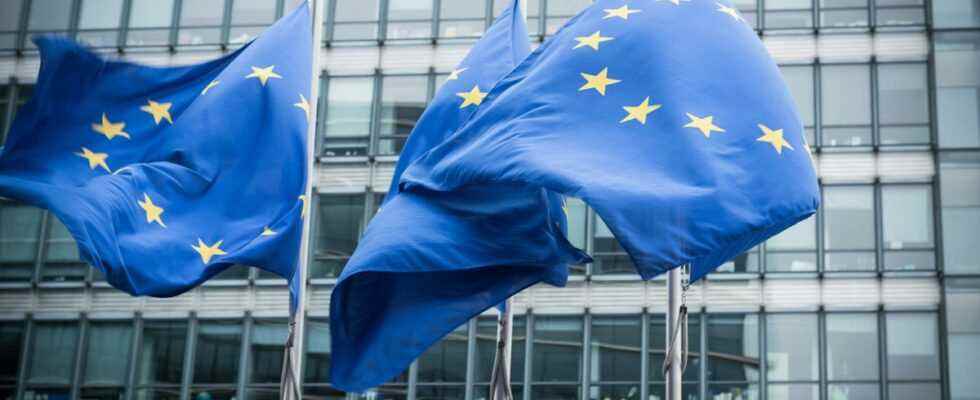Europe has just taken an important step in its policy of regulating the Net. The adoption of the DSA and the DMA will give a hard time to the major Web platforms, which will now have much more restrictive obligations.
The time is “historical” according to Thierry Breton, and it would be hard to prove him wrong. On July 5, 2022, the European Parliament voted by an overwhelming majority in favor of the DMA and the DSA, two texts which aim to regulate the practices of the digital giants much more harshly. The DMA was approved by 588 votes (11 against) and the DSA by 539 (54 against). Proof, if one were needed, that concerns about the regulation of the Net are shared in a cross-partisan way in Europe.
Presented at the end of 2020 in Brussels, the two texts were adopted rather quickly in view of their ambitions. Ratification by the European Parliament marks one of the very last legislative steps before they are put in place. All that remains is for the European Council to give a final stamp (which should be a formality) before the autumn so that these directives can finally be applied. As a reminder, the DSA like the DMA are two sides of the same coin aiming to impose new rules on the giants of the Web, the famous Gafam.
DSA and DMA, what for?
The Digital Services Act establishes moderation obligations for large platforms. As summarized by the vie-publique.fr website, the DSA seeks to “fight against the dissemination of illegal or harmful content or illegal products: racist attacks, child pornography images, misinformation, sale of drugs or counterfeits”. Concretely, this means that platforms like Google, Facebook or Amazon will have to be more proactive in the fight against the dissemination of objectionable content by offering easy-to-access alert mechanisms, by being more transparent about the functioning of their recommendation algorithms , or by performing “independent risk reduction audits, under the control of the European Commission”. To put it more simply – and borrowing the words of Thierry Breton –, “what is authorized off line must be on line, what is prohibited off line must be on line”.
The Digital Markets Act targets practices of abuse of dominant position by major web platforms. The text defines a whole host of obligations on data portability, prohibits the crossing of personal data without the consent of Internet users, obliges smartphone manufacturers to facilitate the uninstallation of native applications, prohibits a site from favoring its own services (as in the case of Google Shopping for example) and even goes so far as to request the interoperability of messaging applications. In short, you will have understood, the DMA wants to break the ecosystem effects that lock users into a platform in order to promote competition. These new rules, which are rather strict in view of the legislation in force in other countries of the world, have even prompted Margrethe Vestager (Executive Vice-President of the European Commission) to affirm that “Gafam will have to change its economic model thanks to European regulations”.
Entry into force within a year
These two texts are distant cousins of the GDPR, the founding text of European regulation which, for its part, regulates the use of personal data on the Web. Both DSA and DMA are very likely to have consequences well beyond European borders. Not obeying these new rules exposes companies to very heavy fines, which can reach from 6 to 20% of their worldwide turnover. More structural measures, such as the dismantling of certain platforms, may also be pronounced.
